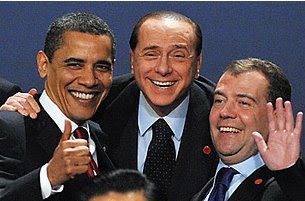Recently Jackie Chan has been trying to get away from his comedic roles and get into more serious edgy films. Perhaps that's why he decided to be controverisal last week when speaking at a the Boao Forum on Hainan Island:
"I don't know whether it is better to have freedom or to have no freedom. If you're too free, you're like the way Hong Kong is now... it can get very chaotic (and) could end up like in Taiwan.. We Chinese need to be controlled."
Not only did this comment offend the Taiwanese, he also offended the Chinese and the people of Hong Kong. And possibly ruined his career in this side of the world.
His reputation has taken a battering and the people and the media have been mauling him across Asia for the past week. And by looking at today's online stories, it looks like there is no sign of the negative publicity easing off.
In the past week the Hong Kong Apple Daily has called on him to apologise and the Hong Kong Tourism Board has been plagued with calls from the public asking him to step down as their ambassador. The People's Daily has criticised him and over 12,000 people on Facebook have joined a group to (jokingly) send Jackie Chan to North Korea. The story hit the New York Times on Thursday showing how quickly a local story can become global.
It will be interesting to see how he recovers from this amazing faux pas and how he will build up his reputation again.
Hype-free, realistic research on AI benefits
1 week ago

